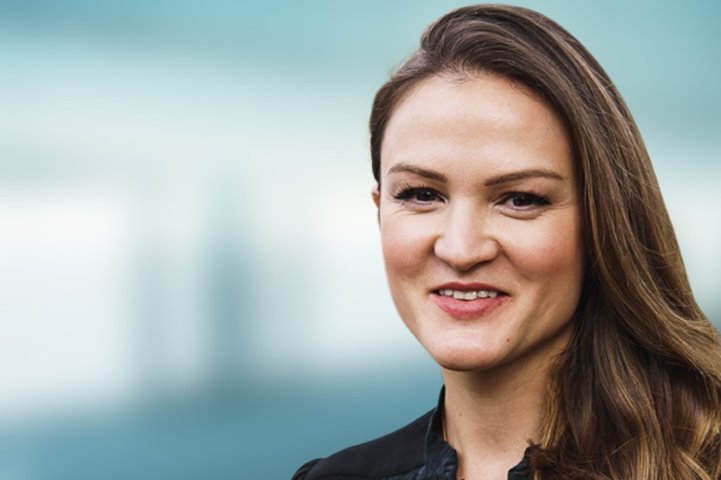
It is rare as a financial journalist for someone to start an interview saying they have the best job in the world. But Juliet Agnew, head of philanthropy at Barclays Private Bank, bucked this trend.
Speaking to thewealthnet, her enthusiasm for the role is hard to miss. “It’s a real privilege to support clients on their philanthropy journey,” she says.
Ms Agnew joined Barclays PB in May, meaning a lot of her work was still remote. This is difficult when dealing with philanthropy as it is so personal.
The importance of listening
“The key part [of my job] is really listening. Clients are all very different,” Ms Agnew explained. More often than not they will tell you want they want to do, but if you are not truly listening you might miss it.
It helps that clients tend to want to talk about their philanthropic efforts. They tend to be proud of what they are doing.
“I think it can be cathartic for people to talk about the purpose of their wealth and what they want to get out of life. Really this is what philanthropy is all about,” Ms Agnew explained.
“The majority of clients are interested to some degree. There will always be some that just are not interested.”
Listening properly early on means you know which clients are interested and therefore which you should focus on. This means you can channel your resources to help those keen really make a difference and influence tomorrow.
The impact of Covid-19
“It’s been a fascinating, troubling, and difficult couple of years,” said Ms Agnew.
From a practical point of view, conducting business was much harder. Having conversations about people’s wealth and the causes that are close to their hearts is far easier face to face.
It was not all bad for the sector, though. Many ultra high net worths (UHNWs) wanted to give back and support the effort against Covid-19. This led to an increase in donations and a greater interest in philanthropic services.
This helped lead to very fast medical developments – including the Covid-19 vaccines.
Many also reduced the restrictions on their donations. Previously, UHNWs tended to be very specific in how, when, and where their money was used.
In the height of the pandemic, a lot of UHNWs made much more open donations, allowing the charities to decide where the money would be best spent.
This also opened the door for greater collaboration, as charities and UHNWs came together to achieve a common goal, rather than operating in isolation.
Ms Agnew hopes these benefits will not all be lost as normality resumes. Being less restrictive with donations and increasing collaboration across the sector will only be a good thing.
Role models
“We need more positive stories,” Ms Agnew argued.
People are influenced by what others do, so hearing stories of charitable giving in the news can encourage other UHNWs to do similar.
An example of this is The Giving Pledge – established by Bill and Melinda Gates.
It now has 225 signatories from 27 countries, making a significant impact globally.
On the flip side, negative stories do not encourage others to get involved and can even put UHNWs off starting philanthropic ventures. We see this when, for example, scandals impacting charities make headlines. This can sometimes skew perceptions and give the impression that the third sector is riddled with scandals, and ultimately lead to people giving less.
In reality, the negative stories are far outweighed by all the positive work within the charity sector.
“Charity is governed very effectively in this country,” Ms Agnew argued. “But it is also very flexible and creative.” This makes it attractive to the wealthy as they are able to put their own stamp on their philanthropic ventures and can choose how they make a difference.
Bridging the gap between UHNWs and charities
Another problem is there remains a “world of misunderstanding” between UHNWs and charities.
Ms Agnew believes her role is to bridge that gap and open up communication between all parties.
“Where there is lack of information, there is a lack of opportunity,” she explained.
The third sector has grown rapidly and charities often expand quicker than they would have expected. This means they are left playing catch up in understanding wealthy donors and how best to work with them.
Improving this could have a significant and positive impact on the whole charity sector and what it can achieve.
“I am very grateful this role exists within a bank.” Currently only a “handful” of banks have a similar role.
Ms Agnew believes this role helps give UHNWs a good experience from the start of their philanthropic journey helping them find the right approach and focus to giving.







